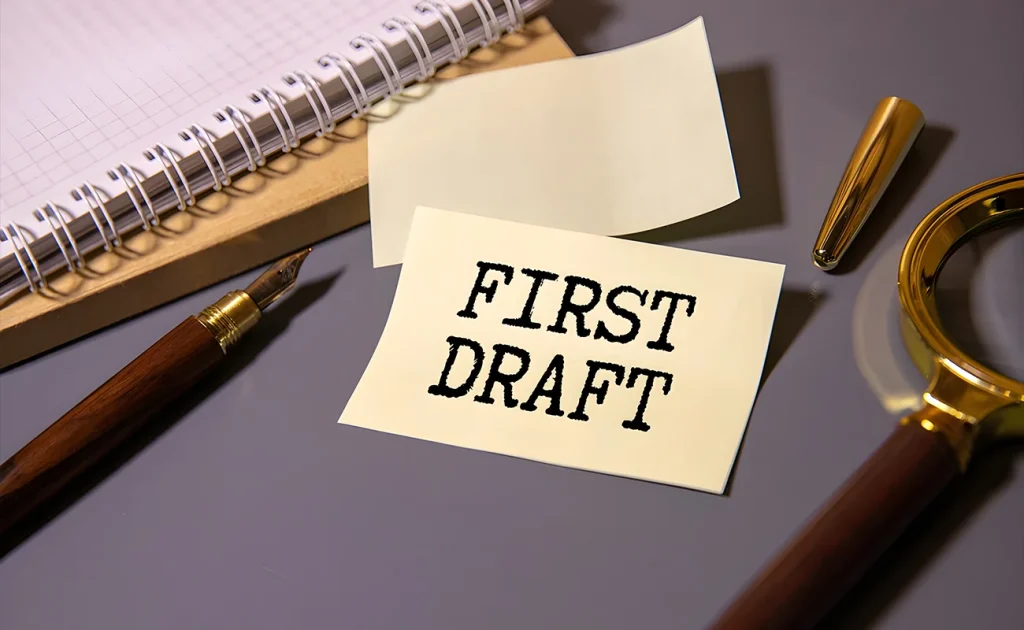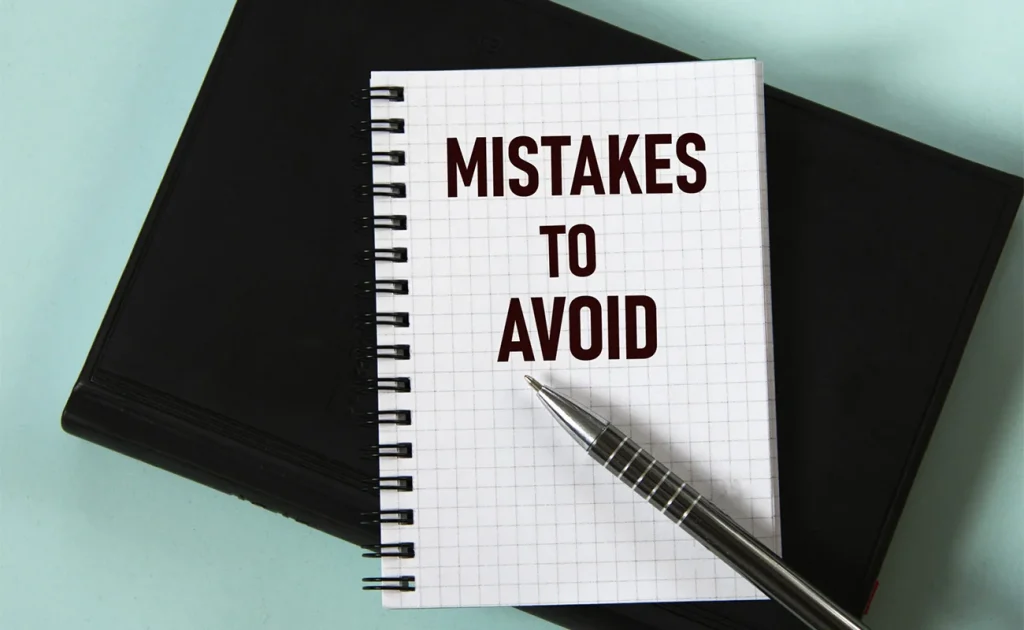Build Your Reader Community: Simple, Authentic Ways to Connect with Fans Before and After Launch
Home Build Your Reader Community: Simple, Authentic Ways to Connect with Fans Before and After Launch Writing a book is such an intimate act.It’s you and the page, the characters who stay longer than expected, the scenes you rewrite because you want them to feel right, not rushed. It’s quiet work—personal work. And then one day, the quiet shifts.You hit save on the final draft.The story that lived only with you is suddenly preparing to meet strangers. But here’s the gentle truth: books don’t travel the world by themselves.They’re carried—hand to hand, conversation to conversation—by people who felt something when they read your words. That’s where community comes in. Start Small, Start Early You don’t need crowds. You just need company… those first few readers who lean in with curiosity. You can start by offering little windows into your writing life:– a peaceful snapshot of your desk– a line from a chapter you’re still shaping– a moment of honesty about the draft that refused to cooperate Share the sweet parts and the stubborn parts. Talk about your rituals… the late-night writing sessions, the morning pages written before the house wakes up. Consistency doesn’t have to mean daily. It just means you continue to show up, even in small ways. Genuine Presence Is Far More Powerful Than Promotion People can tell when they’re being sold to. They can also tell when they’re being seen. Reply to the messages that arrive.Say thank you… simply and sincerely.Share the joy when something goes right. Share the nerves when something feels uncertain. You don’t have to reveal your whole heart—only the parts that feel comfortable.But let it be you. Unpolished. Human. Readers gravitate toward authors who sound like real people they could sit with over tea and talk about stories. Trust grows quietly… but it grows. Plant the Seeds Before Launch Day A book launch feels less like standing alone on a stage and more like opening your front door to familiar faces when you’ve already taken the time to connect. Invite your readers into the journey:– let them vote on two cover options– share a chapter that makes you smile– tell them the memory or question that sparked the entire book These aren’t tactics, they’re tiny invitations. When the book is finally ready, the people who walked with you—even in tiny ways—won’t just witness the moment.They’ll celebrate it. Stay Connected After the Book Is in Their Hands It’s tempting to slip quietly into the next manuscript, the next idea tugging at your attention. But the connection doesn’t end at launch… it deepens there. Send a gentle thank-you to those who supported you early. Share notes about what you’re writing now, even if it’s messy and unsure. Ask questions. Invite conversation. Let your readers tell you what resonated, what lingered, which character they can’t quite let go of. Sometimes a single reply, one line, one emoji, makes someone feel like their voice mattered. Those small moments weave community. Your story is ready. Let’s help it find its readers. Get Started Now A Gentle Reminder You don’t build a reader community by getting louder.You build it by being present. A name in your inbox. A comment with a heart behind it. A reader who sees themselves somewhere between your lines. They’re not numbers. They’re not metrics.They’re companions on this journey—people who carry your story with them long after the bookmark closes. With quiet consistency, soft honesty, and small offerings shared along the way, you’ll find your community growing—slowly, authentically—one meaningful connection at a time. Let Urban Quill make this journey easy for you. Let them handle everything while you focus on your craft. Recent Post 24 Nov 2025 How to Start Writing Your First Book (From Someone Who’s Been There) 24 Nov 2025 How to Keep Readers Hooked From the First Page 17 Nov 2025 Print vs. eBook vs. Audiobook: Choosing the Right Mix for Your Book 17 Nov 2025 Building Your Author Brand with a Website, Podcast & Social Content | Simple Steps for Writers 09 Oct 2025 Your 2025 Guide to Using ACX as an Audiobook Author 06 Oct 2025 The #1 Mistake Self-Publishing Authors Make (It’s Not What You Think) 29 Sep 2025 5 Hidden Self-Publishing Mistakes Authors Make And How to Fix Them 29 Sep 2025 Your Book Needs More Than Editing | Here’s The Full Service Approach That Works












